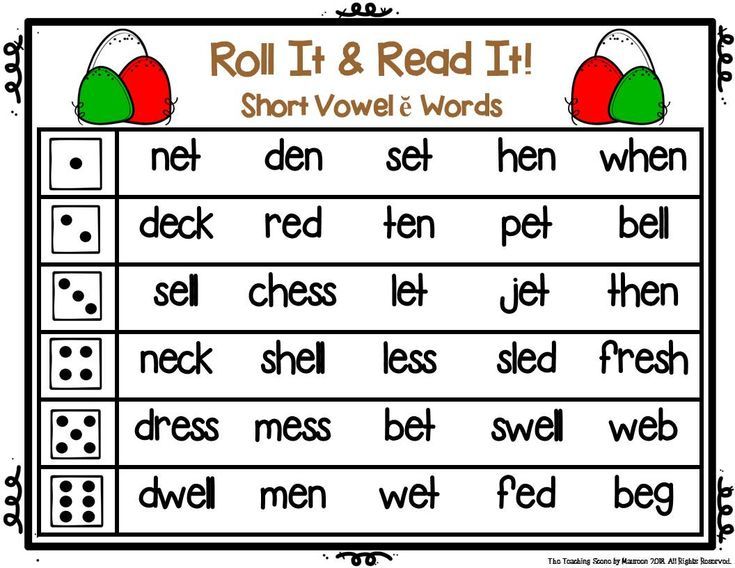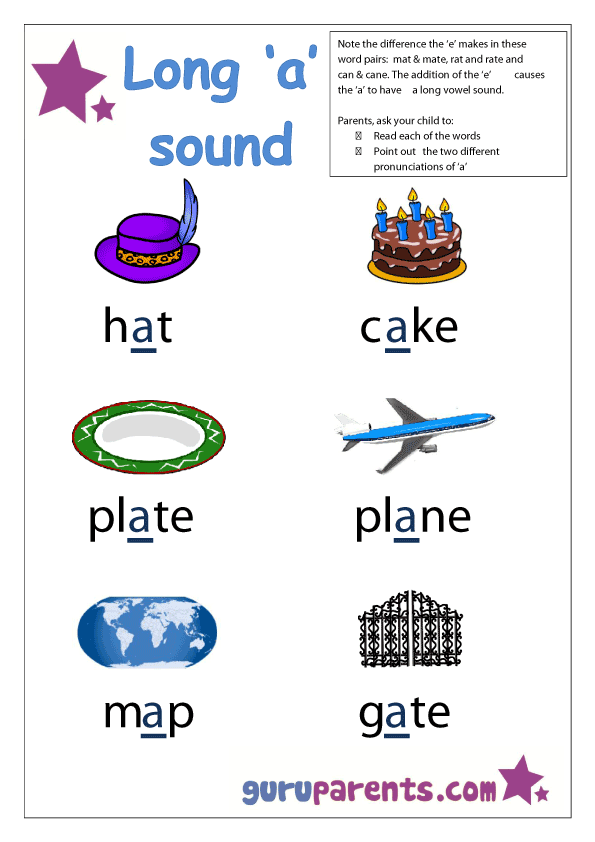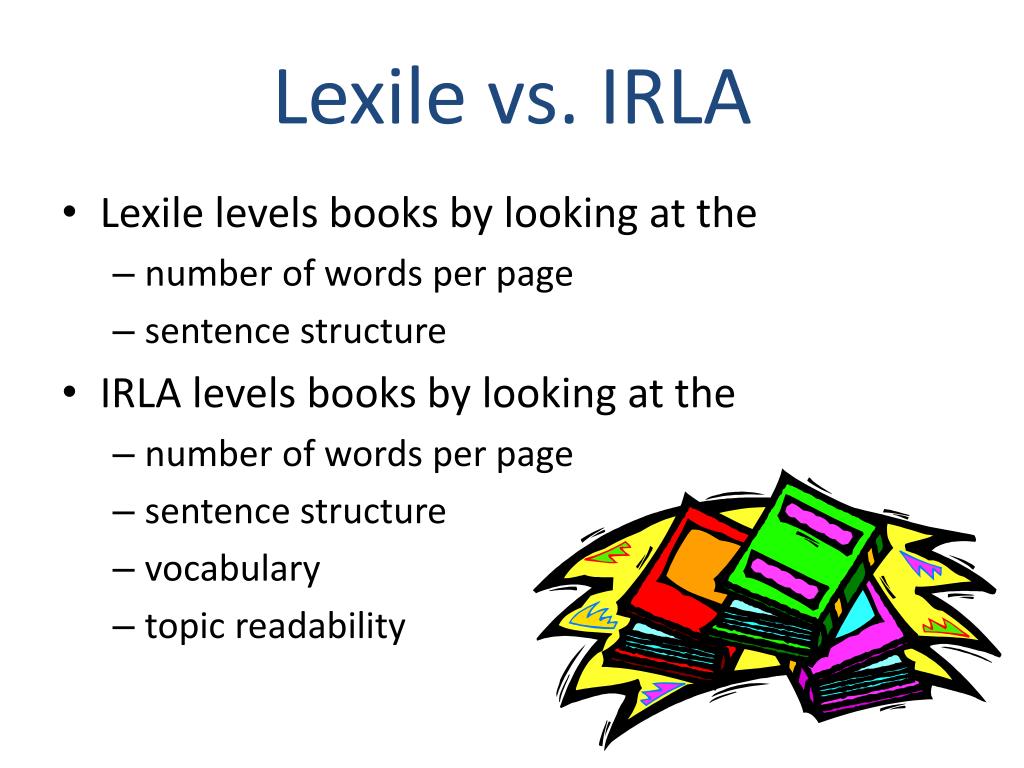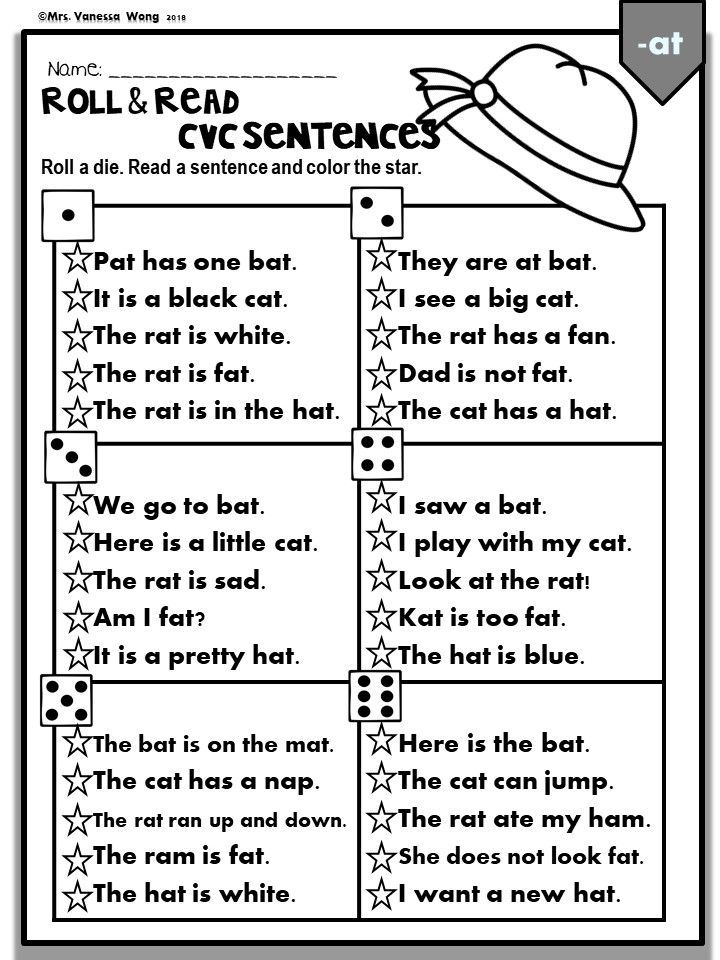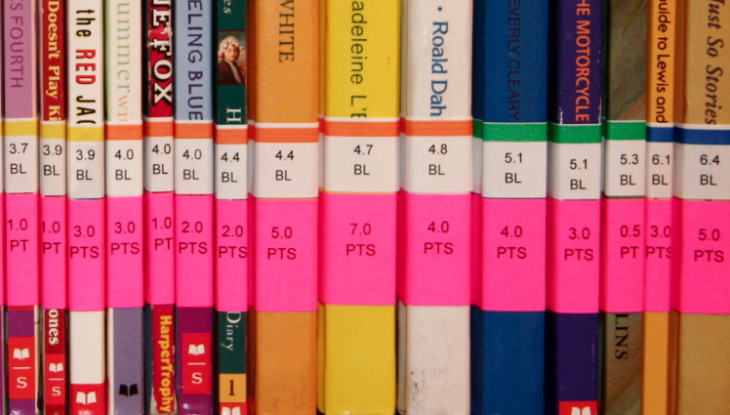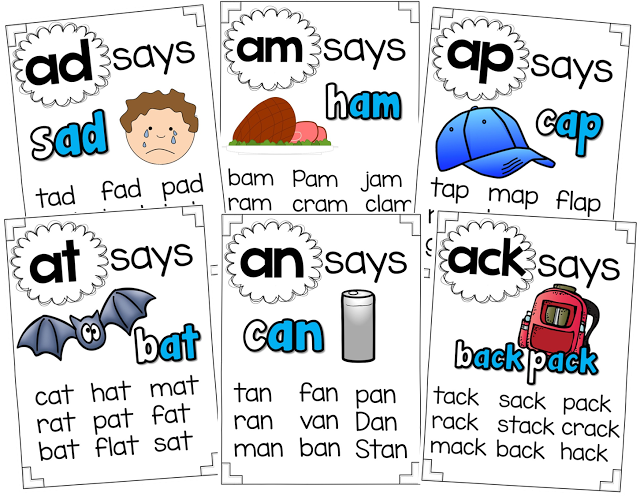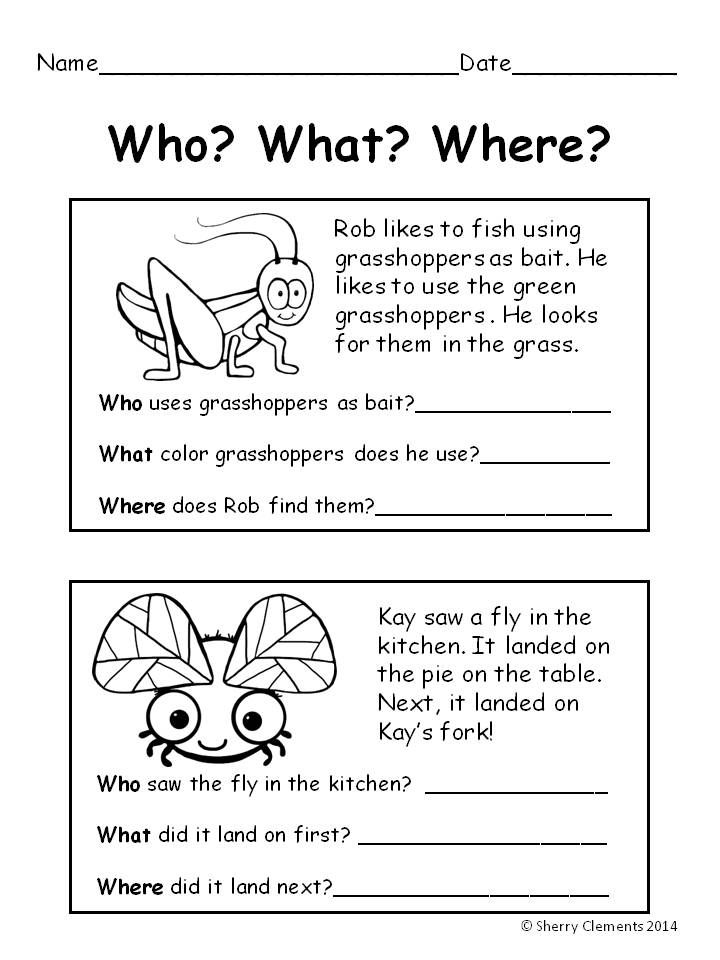Short sounds words
List of Short Vowel Words
DESCRIPTION
pig illustration with list of short vowel words examples
SOURCE
Bullet_Chained / iStock / Getty Images Plus / via Getty created by YourDictionary
PERMISSION
Used under Getty Images license
The English language provides a list of short vowel words that seem to be never ending. A short vowel word is any word that doesn't allow the vowel within it to generate that vowel's long vowel sound.
For example, the word "bug" is a short vowel word because there's no long "U" sound. A word doesn't necessarily have to have three letters to be a short vowel word, but it makes for the easiest example and three-lettered words make up the bulk of any list of short vowel words. Let's take a look.
Short Vowel Sounds in Words
Here's the reason why words with only three letters typically make the short vowel sound. Three letters usually don't allow for a second vowel to force the long vowel sound out. Exceptions include words like "bee" or "tea."
These words use a second vowel to force the long vowel sound from the first one, while other words like "ant" or "mat" use the placement of consonants to force a short vowel sound.
But, here's an important point to keep in mind. The words listed below are short vowel sounds, not short vowel spellings. That is, just because a word is short, doesn't mean it will automatically have a short vowel sound. And vowel as written doesn't always correspond with the sound it makes. Take the word "pretty." The E is sounded like a short I, and the Y is sounded like a long E. Phonetically, it sounds more like "prit-tee," not "pret-tai."
Likewise, we can't assume a long word will automatically have a long vowel sound. Let's look at the word "business." The U and E in "business" are also sounded like a short I, and the I is silent altogether. Phonetically speaking, we don't pronounce it "buss-eye-ness." It's more like "biz-niss.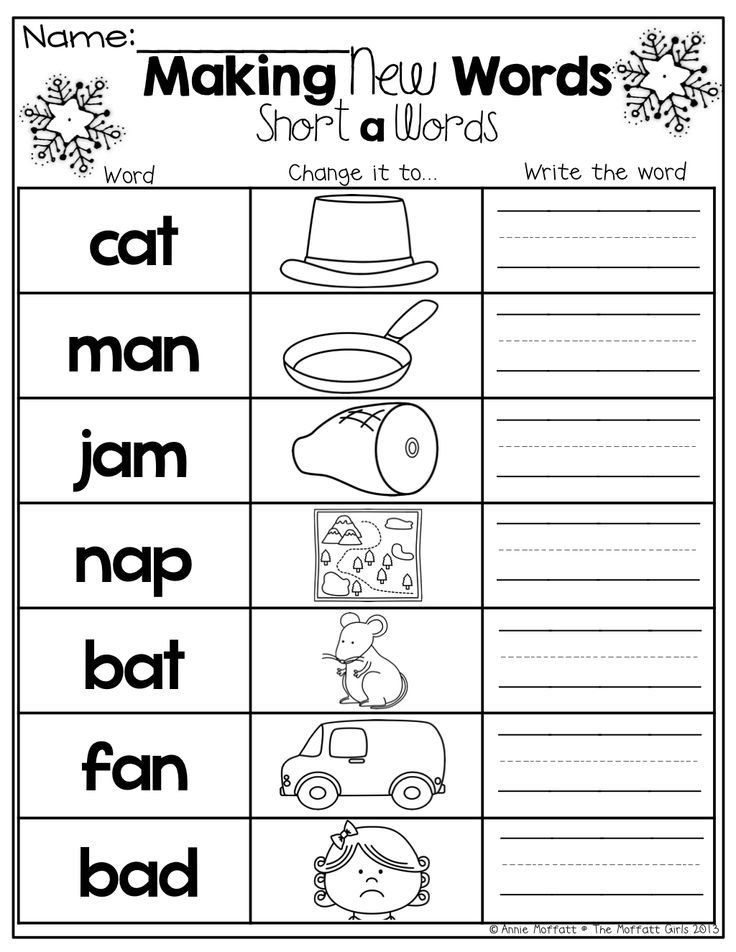 " With that in mind, let's explore more short vowel words, sorted by letter.
" With that in mind, let's explore more short vowel words, sorted by letter.
Advertisement
Short "A" Words
The short A sound is what you hear in words like "bat" or "map." Here are some other great examples of words with the short A sound.
| act | apt | ask | bat | bad | bag | cat |
| cap | cab | dad | dab | Dan | fan | fat |
| fad | gap | gab | gal | gas | ham | has |
| had | hat | jab | jam | lab | lad | lag |
| lap | man | mad | mat | map | nap | pan |
| Pam | pad | pal | ran |
ram | rag | rat |
| Sam | sad | sag | sat | sap | tab | tan |
| tad | tag | tap | van | vat | yam | zap |
Short "E" Words
The short E sound is what you hear in words like "gem" or "hem.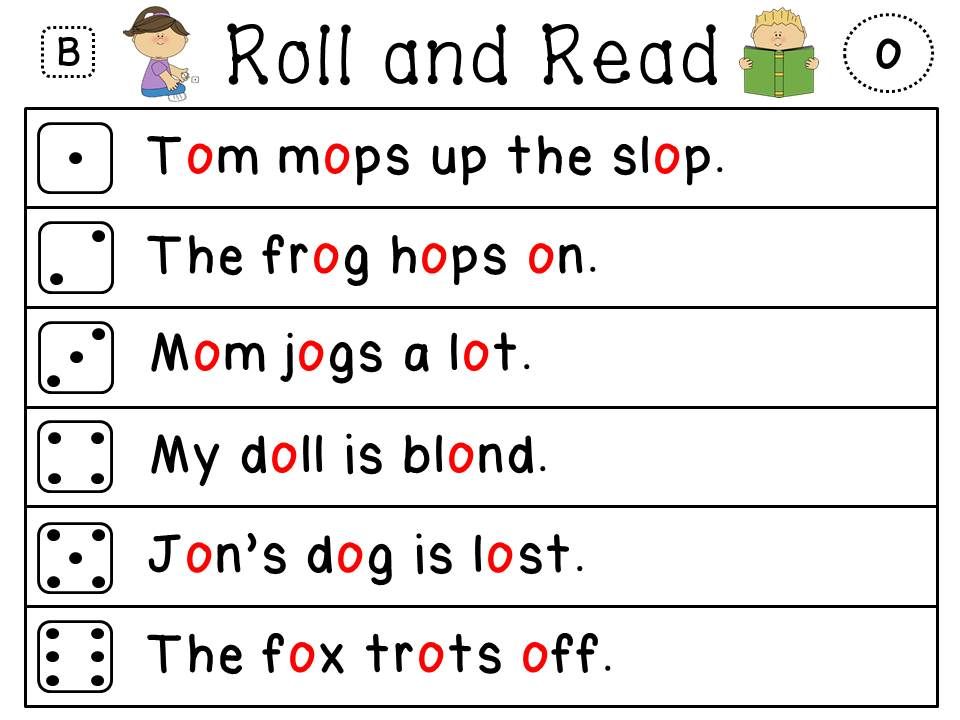 " Here are some other great examples of words with the short E sound.
" Here are some other great examples of words with the short E sound.
| ben | bed | beg | bet | den | fed |
| gem | get | gel | hen | hem | jet |
| keg | led |
leg | let | men | met |
| net | pen | peg | pet | red | set |
| ten | Ted | vet | yet | wed | wet |
Short "I" Words
The short I sound is what you hear in words like "dim" or "fib.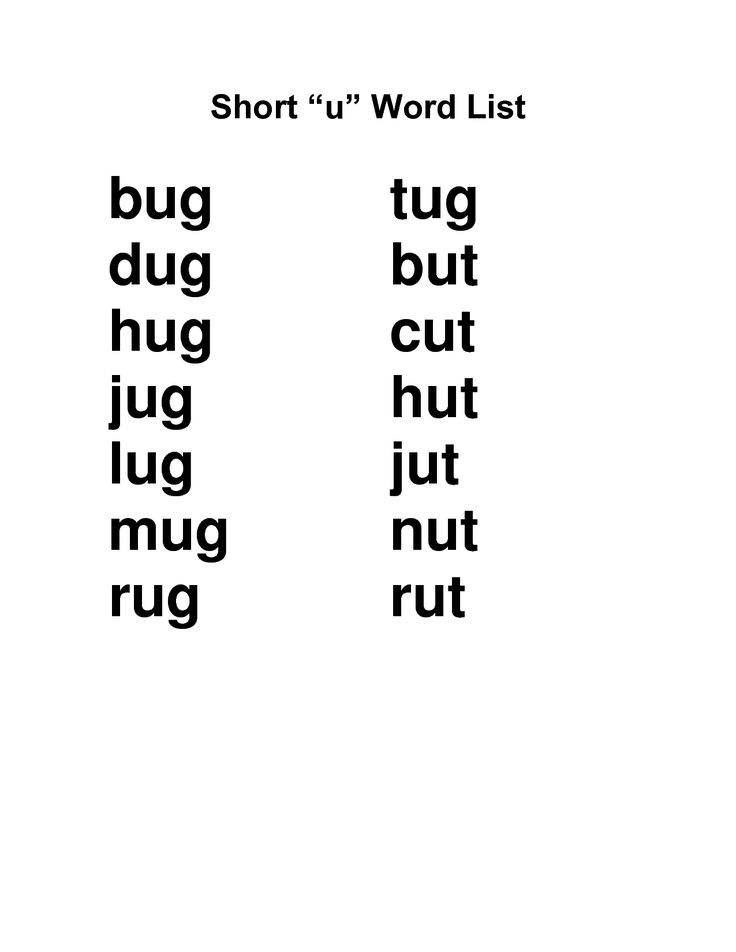 " Here are some other great examples of words with the short I sound.
" Here are some other great examples of words with the short I sound.
| bin | bid | big | bit | dim | did |
| dig | dip | fin | fig | fit | gin |
| gig | him | his | hid | hit | hip |
| jib | jig | kin | kid | kit | lid |
| lit | lip | nip | pin | pig | pit |
| rim | rid | rig | rip | sin | sit |
| sip | tin | tip | win | wit | zip |
Advertisement
Short "O" Words
The short O sound is what you hear in words like "con" or "nod.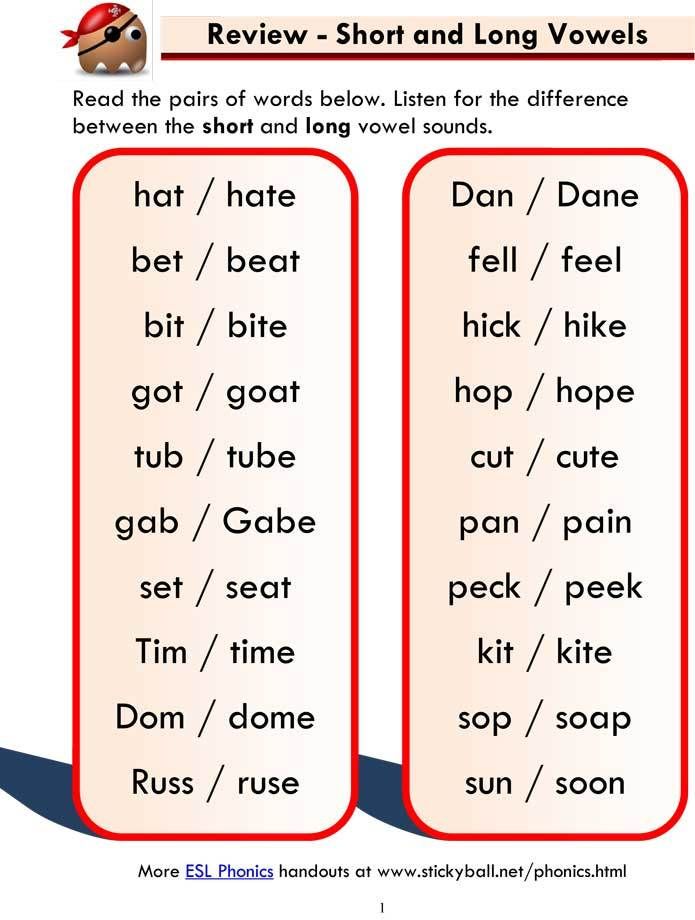 " Here are some other great examples of words with the short O sound.
" Here are some other great examples of words with the short O sound.
| bog | bop | con | cod | cog | cot |
| cop | don | dog | dot | fog | god |
| got | hog | hot | jog | jot | lob |
| log | lot | lop | mob | mom | mop |
| nod | not | odd | pod | pop | pot |
| rod | rot | sod | Tom | tot | top |
Short "U" Words
The short U sound is what you hear in words like "bus" or "hum.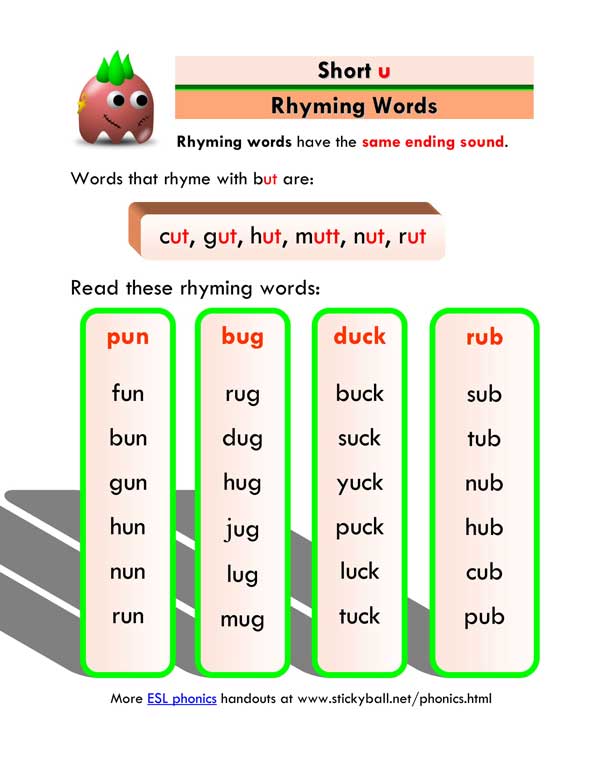 " Here are some other great examples of words with the short U sound.
" Here are some other great examples of words with the short U sound.
| bun | bum | bus | bud | bug | but |
| cud | cut | cup | dug | fun | gun |
| gum | Gus | gut | hum | hug | hut |
| jug | jut | lug | mug | nun | nut |
| pun | pug | pup | rub | run | rum |
| rug | rut | sub | sun | sum | tug |
List of Short Vowel Words Printable
Click to View & DownloadUsing Short Vowel Sounds
Though the above list of words with short vowels is incomplete, you can use it to understand the basic usage for the short vowel sounds.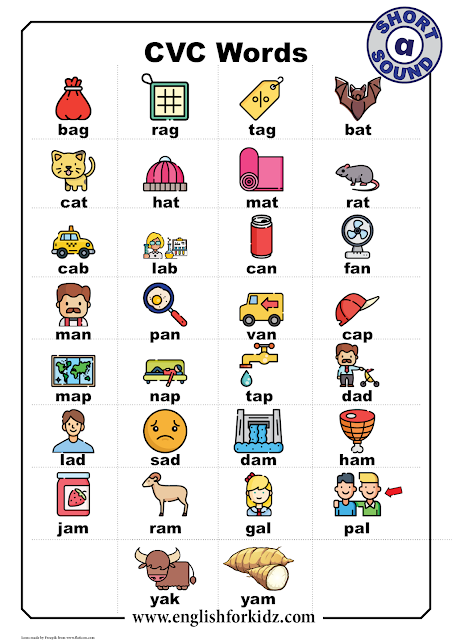 These short vowel sounds are often used in larger words as well. You might see them in words that also contain long vowel sounds, or even in two-lettered words, like "in," "it," and "at." Longer words, such as "magistrate" or "fascinate," use both short long vowel sounds.
These short vowel sounds are often used in larger words as well. You might see them in words that also contain long vowel sounds, or even in two-lettered words, like "in," "it," and "at." Longer words, such as "magistrate" or "fascinate," use both short long vowel sounds.
Some words use the short vowel sound and the long vowel sound, depending on the tense of the word. Words like "read," for example, are pronounced as the long vowel sound when the tense is present. For example, "We are reading this list of short vowel words."
However, when the tense is changed from present to past tense, the long vowel sound is taken away and the short vowel sound is introduced in the same word. For example, "I read the list of short vowel words, and understand much better now."
Advertisement
Pronunciation Pros
If you're teaching short vowel sounds to little learners, practice makes perfect. If you're teaching ESL students, here are some tips and resources for teaching ESL pronunciation.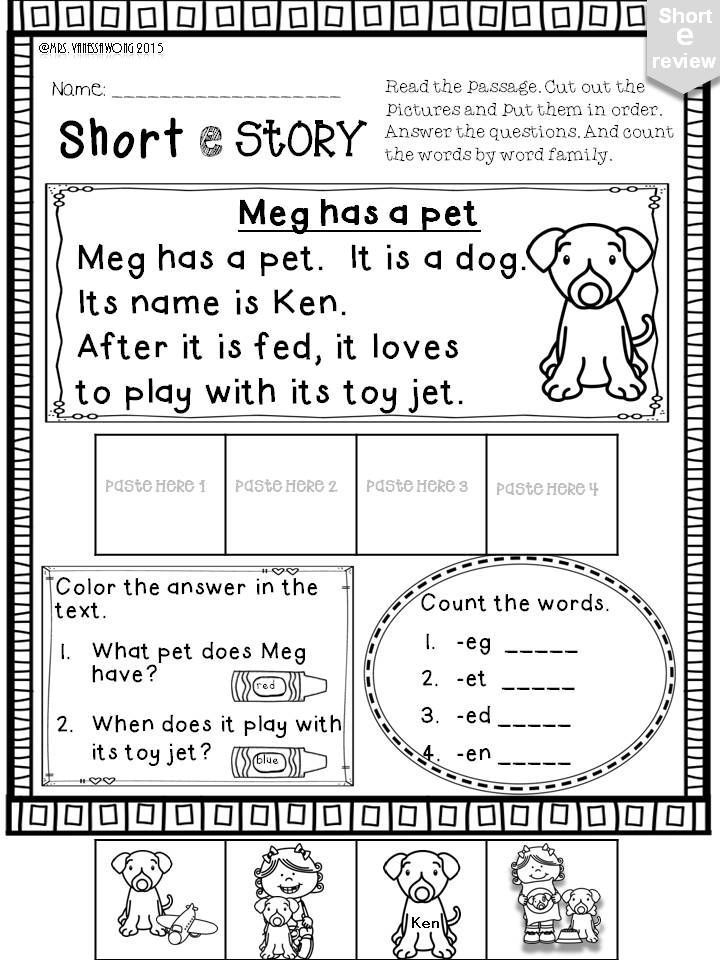 And, when you're ready for the flip side of the coin? Take a look at these examples of long vowel words too. You might also want to explore when "y" is a vowel.
And, when you're ready for the flip side of the coin? Take a look at these examples of long vowel words too. You might also want to explore when "y" is a vowel.
Short Vowel Words | Short Vowel Sounds • 7ESL
Pin
In the English language, there are different ways to pronounce vowels. One category of such vowel pronunciation is the short vowel sound — one that has many associated words. But what are some short vowel words and how do you identify them? This article will explore short vowel sounds, general rules for forming short vowel words, and examples of short vowel words for each vowel — a, e, i, o, and u.
Table of Contents
Short Vowel Words
Short Vowel SoundsShort vowel sounds are a type of pronunciation for the vowels in the English language — a, e, i, o, and u. This description is not literal (meaning that you would not pronounce the vowels in a short, quick, or abbreviated manner) but is only used in contrast to long vowel sounds.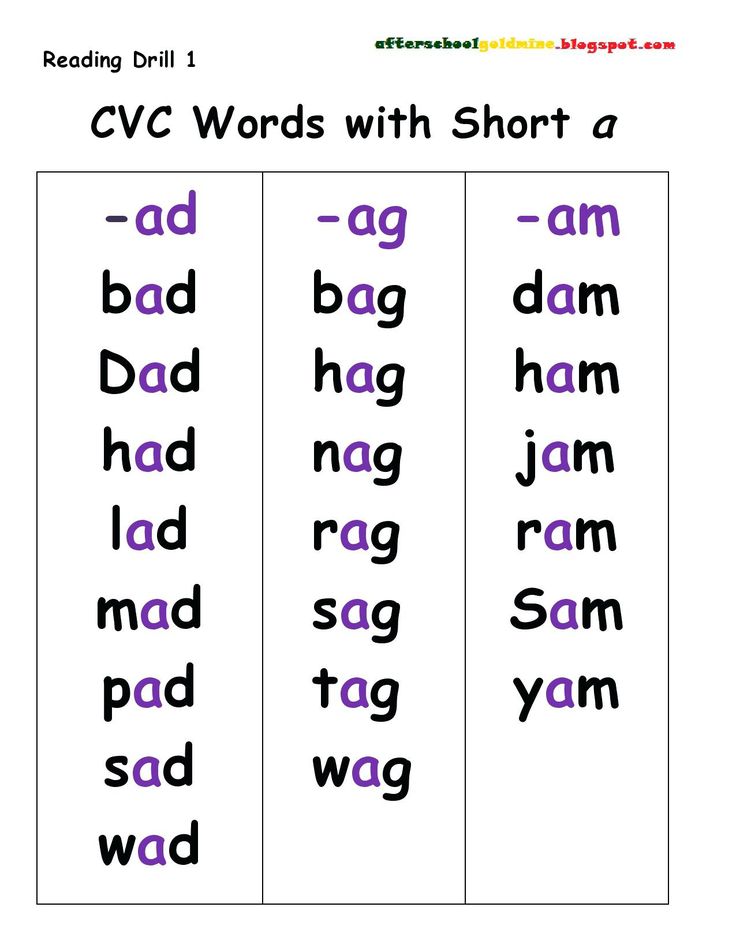
With long vowel sounds, you pronounce the vowels “by name” — meaning “a” would be pronounced like the letter “a” as in “lake”, “e” would be pronounced the letter “e” as in “cheese”, “i” would be pronounced like the letter “i” as in “like”, and so on.
Long vowel sounds are generated mainly by repeating vowels (like the letter “e” in “free” or “meet”), or by vowel-consonant-vowel (VCV) word spellings (like the letter “a” in “make”, the letter “i” in “time”, the letter “o” in “joke”).
Short vowel sounds, in contrast, are the pronunciation of vowels as they generally appear in consonant-vowel-consonant (CVC) word spellings. Examples of this include the letter “a” in “hat” or “bag”, the letter “u” in “cup” or “tug”, or the letter “i” in “big” or “tin”.
Short vowel words can include longer words than simple CVC words — like “snack”, “jump”, or “plot”.
There are different short vowel pronunciations for each vowel, as explained below.
Short A WordsShort “a” words are pronounced like the “a” vowel is in “cat” or “tag”.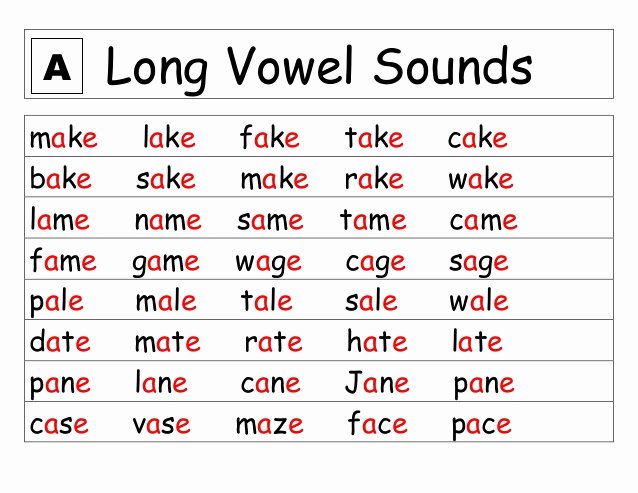
Short “a” words include:
- Ab
- Apt
- Fab
- Cab
- Tab
- Jab
- Gab
- Lab
- Nab
- Dab
- Crab
- Slab
- Fad
- Dad
- Lad
- Pad
- Sad
- Mad
- Rad
- Tad
- Bad
- Gas
- Cap
- Lap
- Tap
- Map
- Gap
- Rap
- Nap
- Zap
- App
- Slap
- Clap
- Fan
- Van
- Man
- Tan
- Ran
- Pan
- Ban
- Glass
- Mass
- Class
- Sass
- Fast
- Mast
- Past
- Ramp
- Stamp
- Lamp
- Damp
- Hand
- Band
- Stand
- Snack
- Shack
- Lack
- Knack
- Hack
- Slack
- Pack
- Rack
- Back
- Tack
- Stack
- Smack
- Quack
- Rat
- Mat
- Pat
- Fat
- Hat
- Cat
- Chat
- Slat
Short “e” words are pronounced like the “e” vowel is in “beg” or “led”.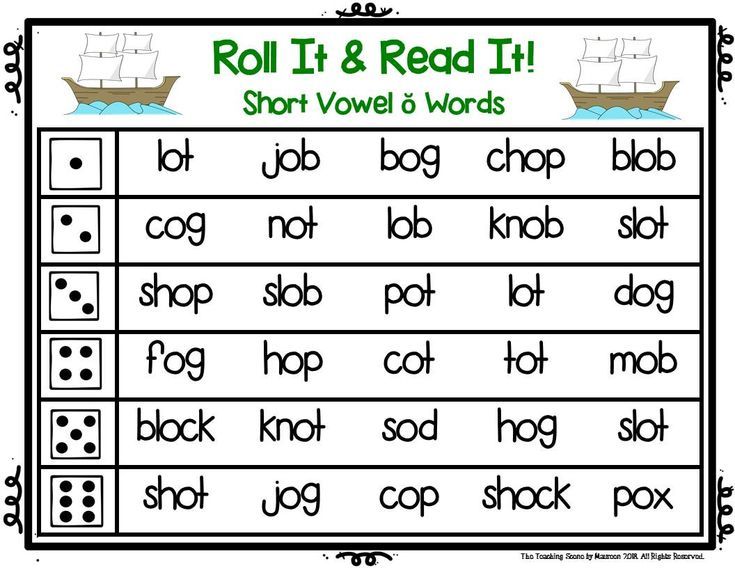
Short “e” words include:
- Red
- Med
- Led
- Fed
- Sled
- Bed
- Head
- Tread
- Jet
- Met
- Net
- Wet
- Set
- Yet
- Tent
- Cent
- Pent
- Lent
- Rent
- Dent
- Scent
- Men
- Hen
- Ten
- Lense
- Sense
- Dense
- Defense
- Spend
- Lend
- Mend
- Tend
- End
- Defend
- Trend
- Send
- Fell
- Smell
- Tell
- Well
- Yell
- Hell
- Web
- Vest
- Test
- West
- Jest
- Rest
- Pest
- Chest
- Lest
Short “i” words are pronounced like the “i” vowel is in “bit” or “din”.
Short “i” words include:
- Rid
- Mid
- Lid
- Id
- Kid
- Hid
- Bid
- Lip
- Clip
- Sip
- Rip
- Tip
- Nip
- Dip
- Whip
- Big
- Wig
- Pig
- Hit
- Bit
- Writ
- Lit
- Fit
- Sit
- Pit
- Nit
- Mitt
- Silk
- Milk
- Win
- Tin
- Twin
- Pin
- Lint
- Glint
- Flint
- Mint
- Fill
- Pill
- Till
- Hill
- Gill
- Dill
- Mill
- Bill
- Chill
- Sill
- Will
- Nil
- Rim
- Dim
- Whim
- Trim
- Fib
- Rib
- Sib
- Whip
- Thick
- Quick
- Sick
- Stick
- Pick
- Lick
- Trick
- Slick
- Quit
Short “o” words are pronounced like the “o” vowel is in “hot” or “job”.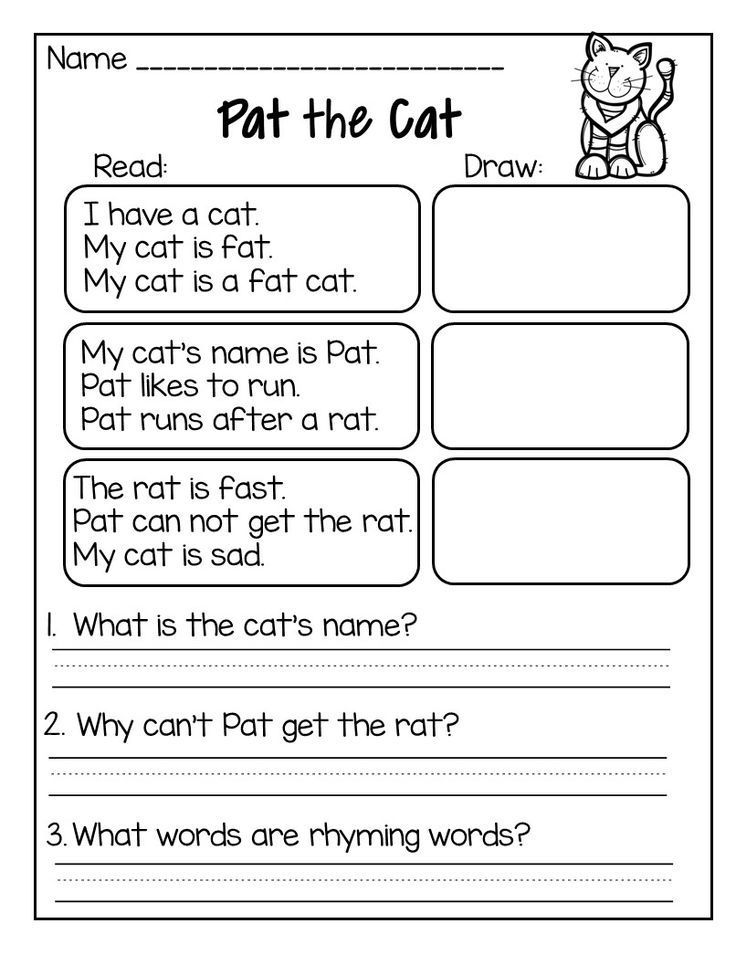
Short “o” words include:
- Cod
- Rod
- God
- Bod
- Pod
- Nod
- Odd
- Off
- Jot
- Pot
- Cot
- Rot
- Tot
- Dot
- Hot
- Not
- Lot
- Got
- Clot
- Trot
- Blot
- Nob
- Job
- Mob
- Rob
- Sob
- Lob
- Cob
- Box
- Ox
- Pox
- Rock
- Sock
- Mock
- Knock
- Lock
- Dock
- Log
- Dog
- Bog
- Hog
- Cog
- On
- Pond
- Con
- Don
- Stop
- Shop
- Drop
- Cop
- Mop
- Hop
- Bop
- Sop
- Top
- Plop
- Mom
Short “u” words are pronounced like the “u” vowel is in “bug” or “rut”.
Short “u” words include:
- Sub
- Tub
- Pub
- Rub
- Dub
- Cub
- Hub
- Nub
- Mud
- Dud
- Sud
- Bud
- Cut
- Rut
- But
- Gut
- Nut
- Jut
- Mutt
- Rum
- Chum
- Bum
- Gum
- Lump
- Jump
- Pump
- Plump
- Trump
- Rump
- Dump
- Bump
- Cuff
- puff
- Hug
- Mug
- Rug
- Tug
- Dug
- Bug
- Gun
- Bun
- Sun
- Fun
- Pun
- Run
- Crust
- Rust
- Dust
- Must
- Lust
- Trust
- Cuss
- Muss
- Fuss
- Bus
- Runt
- Punt
- Hunt
- Fund
Short Vowel Words | Picture
Pin
Categories English PronunciationPhonetic analysis of the word.
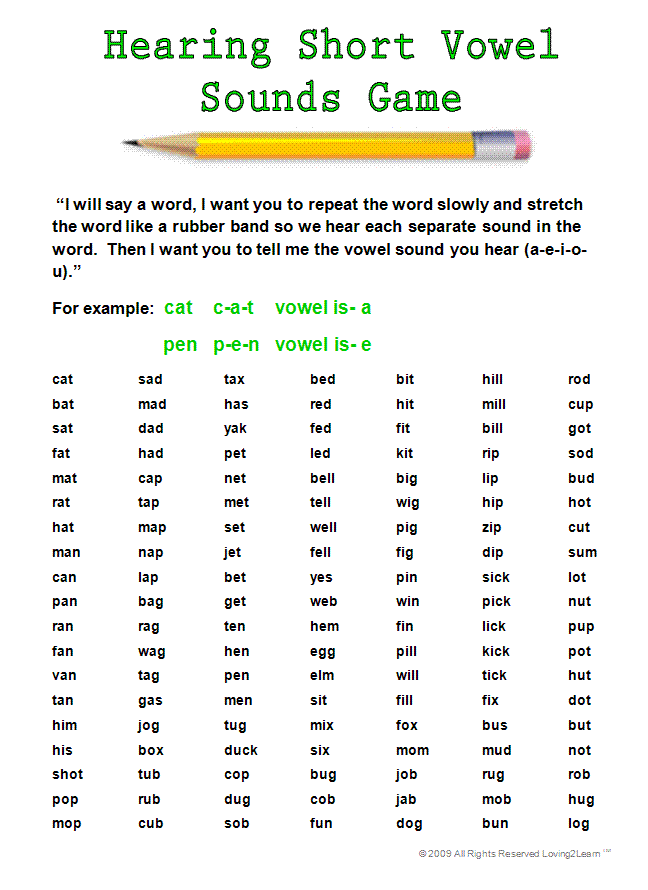 What it is? How to do it? Examples
What it is? How to do it? Examples What is phonetic analysis
Phonetic , or sound-alphabetic, word analysis is an analysis of the sounds and letters that make up this word.
There are 33 letters in Russian, from which we compose words and write them down on paper. When we pronounce a word, we hear sounds - this is how the letters in its composition sound. In some words, the same letter can mean two sounds at the same time or not sound at all. This is where sound-letter analysis comes in handy: it is needed so that we can analyze sounds and letters, write correctly, and also pronounce words.
Five in Russian in your pocket!
All the rules of the Russian language at hand
How phonetic parsing of a word is done
Sound-alphabetic parsing is usually done according to the following algorithm:
-
Number of syllables, stress.
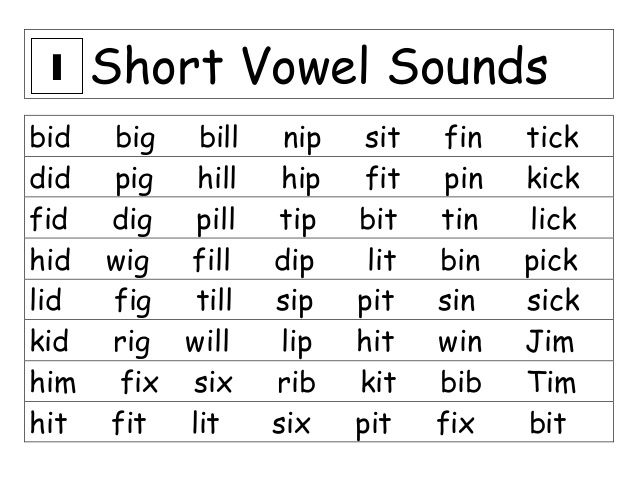
-
Full transcription of the word.
-
Vowel sounds: stressed or unstressed, which letter is indicated.
-
Consonants: voiced, sonorous or voiceless, paired or unpaired; hard or soft, paired or unpaired; which letter is indicated.
-
The total number of letters and sounds.
You can disassemble words by sounds and letters orally or in writing. These methods are slightly different from each other, so let's consider each one separately. We write down the word and all the sounds that are included in it.
Syllables and stress. We count and write down the number of syllables in a word, we denote the one on which the stress falls.
Sounds.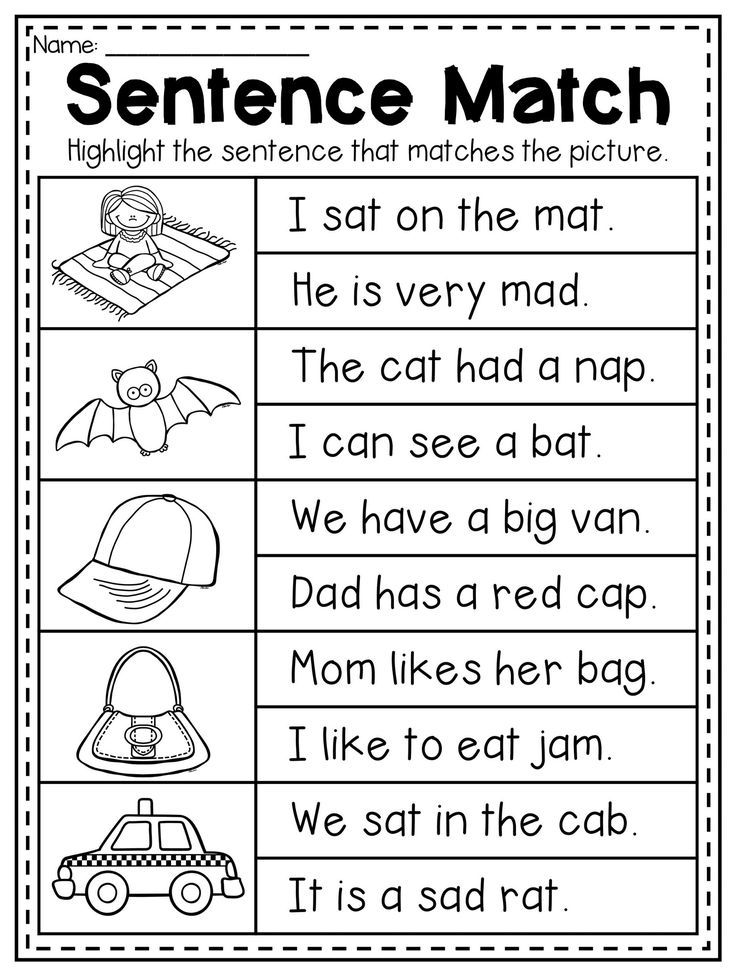 From the next line in a column, we rewrite all the letters in the order in which they appear in the word. Opposite each of them we record the sound and enclose it in square brackets.
From the next line in a column, we rewrite all the letters in the order in which they appear in the word. Opposite each of them we record the sound and enclose it in square brackets.
Vowel sounds. Next to each vowel we write whether it is stressed or unstressed. And then we indicate what letter it is designated.
Consonants. Next to each consonant, indicate whether it is voiced or voiceless. Further - paired or unpaired in deafness-sonority. After that, we write, hard or soft sound, and then - paired or unpaired in terms of softness-hardness. At the end, you need to indicate which letter denotes the sound.
Number of letters, sounds. We count and write down the number of letters and sounds in a word.
Now let's use this algorithm with examples.
Example No. 1. Written phonetic analysis of the verb search
Search [abysk'ivat'] - 4 syllables, 2nd stressed.
o - [a] - ch., unstressed.
b - [b] - acc., sound. couple, tv par.
s - [s] - ch., shock.
s - [s] - acc., deaf. couple, tv par.
k - [k'] - acc., deaf. steam, soft par.
and - [and] - Ch., unstressed.
c - [c] - acc., sound. couple, tv par.
a - [a] - Ch., unstressed.
t - [t'] - acc., deaf. steam, soft par.
b — [–]
10 points, 9 stars
Example No. 2. Written phonetic analysis of the adjective spring
Spring [v'is'en':y'] - 3 syllables, 2nd stressed.
in - [in '] - acc.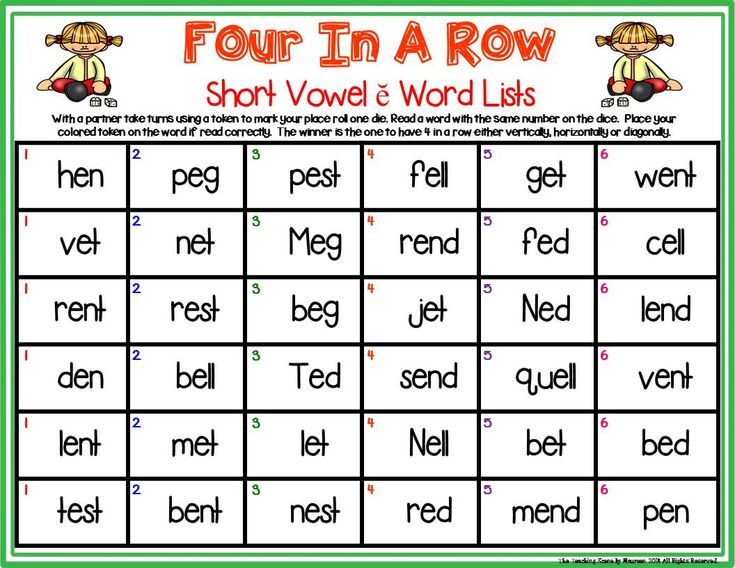 , sound. steam, soft par.
, sound. steam, soft par.
e - [i] - gl., unstressed.
s - [s'] - acc., deaf. steam, soft par.
e - [e] - ch., percussion.
n - [n':] - acc., sonorn. unpaired, soft par.
and - [and] - Ch., unstressed.
th - [th'] - acc., sonorn. unpaired, soft unpaired
8 points, 7 stars
Example No. 3. Written phonetic analysis of a noun professor
Professor [praf'es:ar] - 3 syllables, 2nd stressed.
p - [n] - acc., deaf. couple, tv par.
r - [r] - acc., sonorn. unpaired, tv. par.
o - [a] - ch., unstressed.
f - [f'] - acc., deaf. steam, soft par.
e - [e] - ch., percussion.
s - [s:] - acc., deaf. couple, tv par.
o - [a] - ch.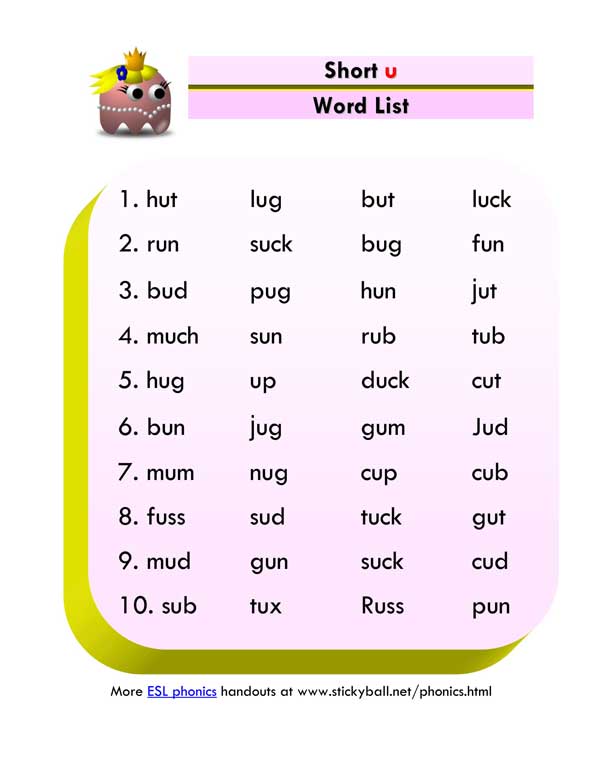 , unstressed.
, unstressed.
r - [r] - acc., sonorn. unpaired, tv. par.
9 points, 8 stars
Sample oral phonetic analysis
If you need to do sound-letter analysis orally, follow this algorithm:
-
Syllables and stress. Count and name the number of syllables in a word, indicate the one that is stressed.
-
Vowel sounds. Name the vowels in the order in which they sound in the word. For each of them, determine whether it is percussion or unstressed. Then specify the letters with which they are indicated.
-
Consonants. For each of the consonants, determine whether it is voiced or voiceless, and then - paired or unpaired according to deafness-voicedness. After that, establish whether the sound is hard or soft, as well as paired or unpaired in terms of softness-hardness.
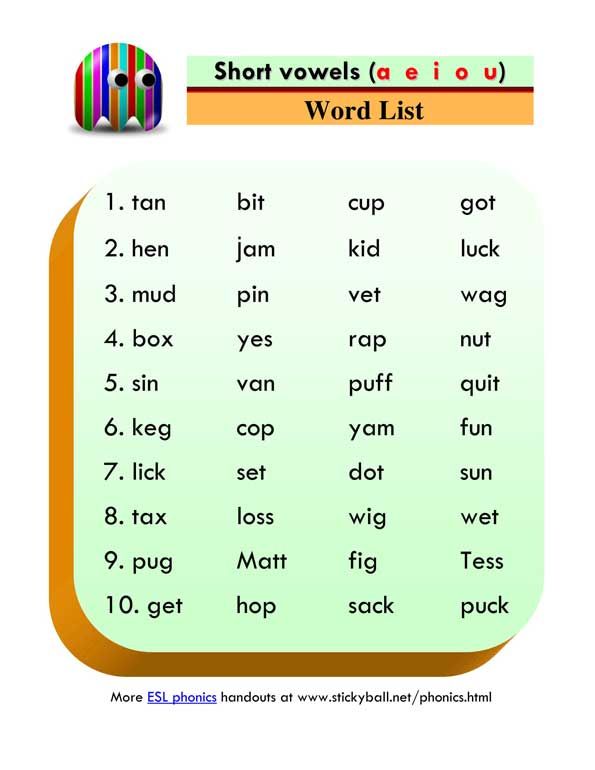 At the end of the analysis of each of the consonants, specify which letter it is designated in the word.
At the end of the analysis of each of the consonants, specify which letter it is designated in the word. -
Number of letters, sounds. Count and name the number of letters and sounds in a word.
Let's practice oral phonetic analysis on the example of the same words that we have analyzed above.
Example No. 1. Oral phonetic analysis of the verb search
2. Vowels:
first - unstressed [a], marked with the letter about ;
second - shock [s], designated by the letter s ;
third - unstressed [and], marked with the letter and ;
fourth - unstressed [a], designated by the letter a .
3. Consonants:
[b] - voiced double, solid double, marked with the letter b ;
[s] - deaf double, solid double, marked with the letter from ;
[k'] - deaf double, soft double, marked with the letter to ;
[c] - voiced double, hard double, marked with the letter in ;
[t'] - deaf double, soft double, marked with the letter t ;
letter ь does not represent sound.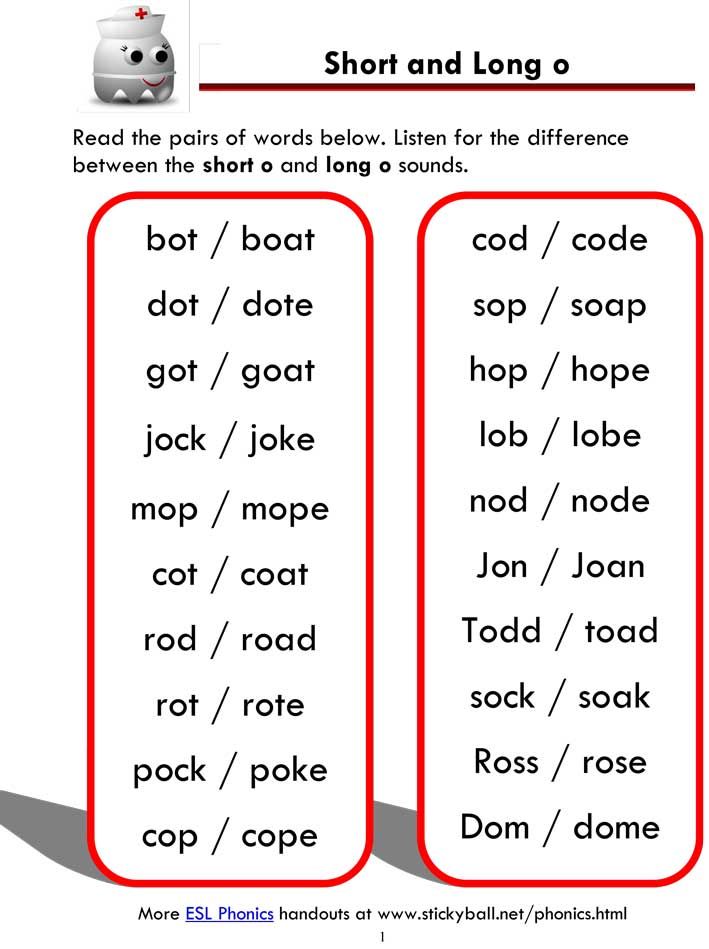
4. In the word search 10 letters and 9 sounds.
Example No. 2. Oral phonetic analysis of the adjective spring
2. Vowels:
the first is unstressed [i], marked with the letter e ;
second - shock [e], marked with the letter e ;
third - unstressed [and], marked with the letter and .
3. Consonants:
[v'] - voiced double, soft double, marked with the letter in ;
[s'] - deaf double, soft double, marked with the letter from ;
[n'] - voiced unpaired (sonor), soft paired, marked with the letter n . The second n does not form a sound in a word;
[d'] - voiced unpaired (sonor), solid unpaired, marked with the letter and .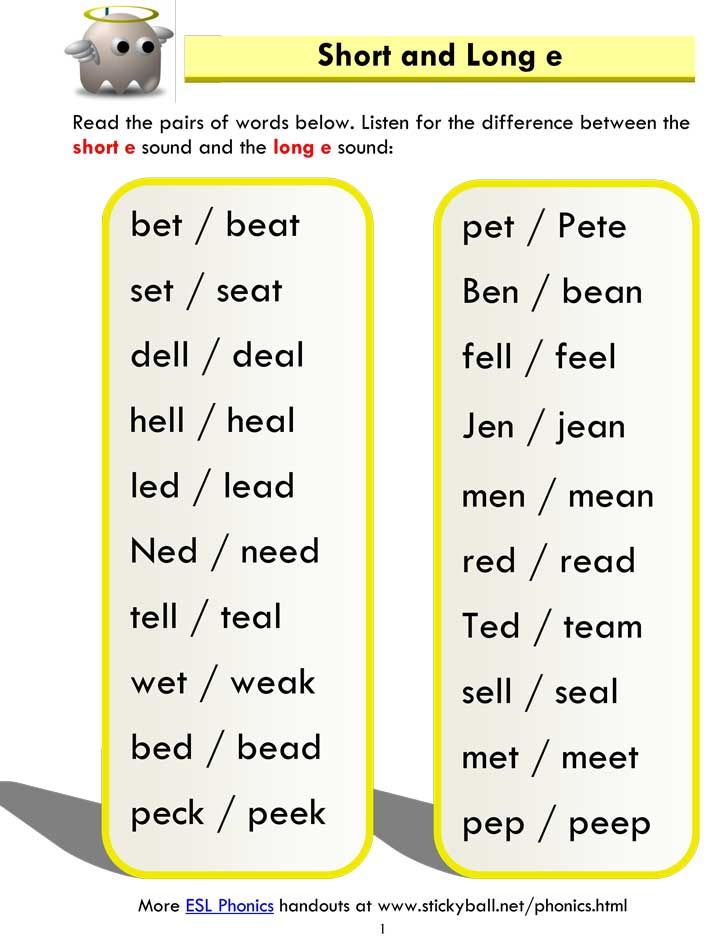
4. The word spring has 8 letters and 7 sounds.
Example No. 3. Oral phonetic analysis of the noun professor
2. Vowels:
first - unstressed [a], marked with the letter about ;
second - shock [e], marked with the letter e ;
the third is unstressed [a], designated by the letter o .
3. Consonants:
[p] - deaf double, hard double, marked with the letter p ;
[p] - voiced unpaired (sonor), solid paired, marked with the letter p ;
[f'] - deaf double, soft double, marked with the letter f ;
[s] - deaf double, solid double, marked with the letter with . The second from does not form a sound in a word;
[p] - voiced unpaired (sonor), solid paired, marked with the letter p .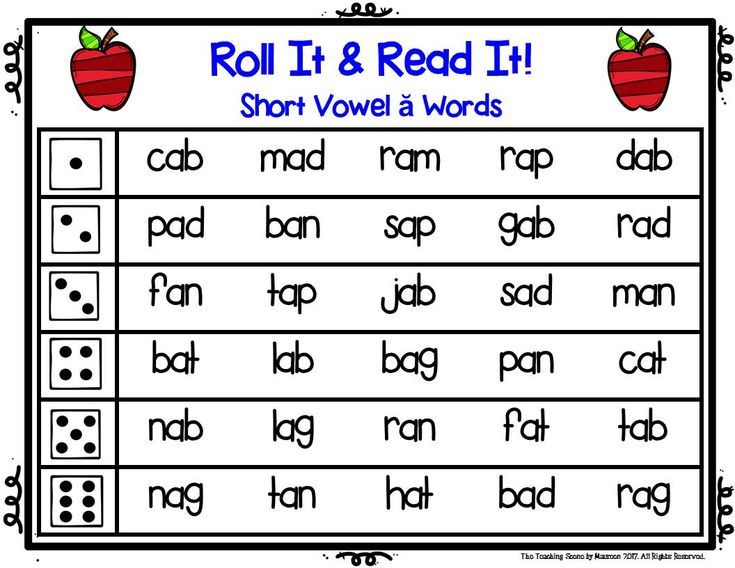
4. The word professor has 9 letters and 8 sounds.
Test yourself
Let's find out how well you understand what phonetic parsing is. Below you will find three tasks with which you can practice this skill.
Task 1
Disassemble the following words according to their sound composition: busy, guest, vacancy, pronounce, speaking.
Task 2
Perform oral phonetic analysis of words: box, hospital, go, union, sea.
Task 3
Read the short text below and make a written phonetic analysis of all the nouns in it.
We wandered in the forest in spring and observed the life of hollow birds: woodpeckers, owls. Suddenly, in the direction where we had previously planned an interesting tree, we heard the sound of a saw. It was, we were told, cutting firewood from deadwood for a glass factory.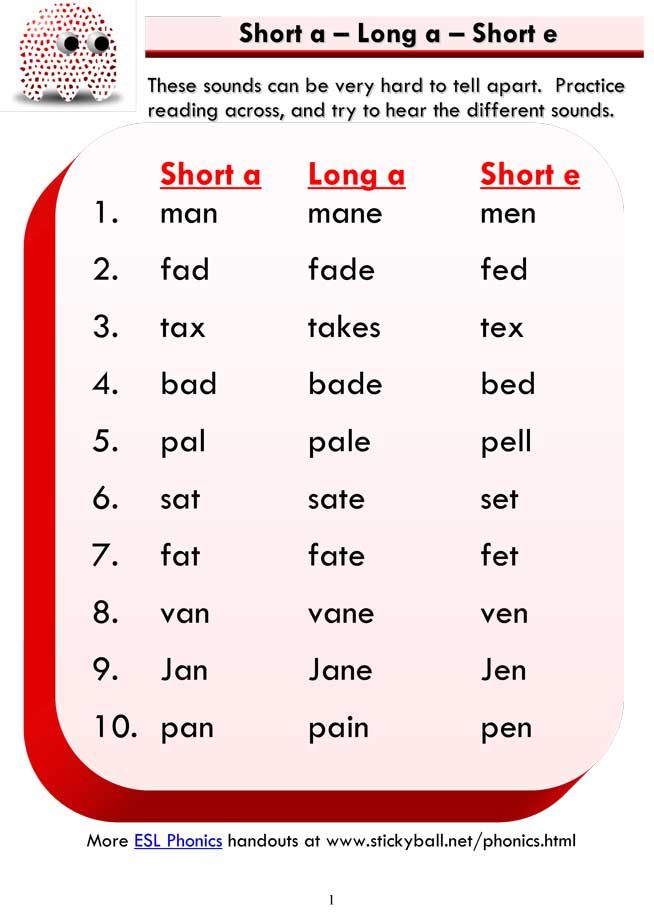
For the first time, students start doing phonetic analysis of words in the 3rd grade of elementary school. Over time, tasks in the lessons become more complicated, so it is important to understand the topic in time. If after reading this article you still have questions, we invite you to the Skysmart online Russian language school for knowledge. In the classroom, the teacher will tell you what a phonetic (sound-letter) analysis of a word is and how to do it correctly in order to increase the grade at school.
Long and short vowels in English
Longitude is one of the characteristics of a vowel sound, which shows the relative duration of its sound compared to other sounds.
Longitude can be positional and phonemic. In the first case, the duration of the vowel depends on the position in the word and stress, while this characteristic does not affect the meaning. The phonemic length of a vowel has a semantic function, that is, depending on the length of the sound, the meaning of the word changes.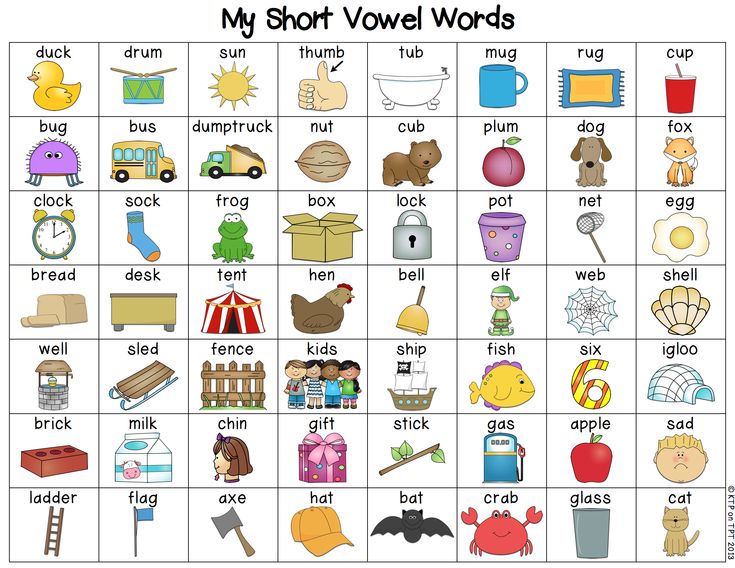
English vowel length
In Russian, the duration of vowel sounds does not affect the meaning of words and only changes depending on the stress. In English, vowels differ not only in positional but also in phonemic length. This means that long and short sounds, similar in other characteristics, represent different phonemes. Words that differ only in these phonemes have different meanings: ship - sheep , fit - feet , pull - pool . Therefore, it is so important to pronounce long and short sounds correctly.
In transcription, long vowels are denoted with a colon: [i:], [α:], [ɔ:], [u:], [ә:]. In some cases, long vowels in an unstressed position are reduced and become semi-long, which in transcription is indicated by one dot from above: [α ].
The long vowels listed above are opposed to short ones, forming the following pairs in English:
- [i:] - [ı]
- [uː] - [u]
- [ɔ:] - [ɒ]
- [α:] - [ʌ]
- [ә:] - [ə]
The pronunciation of long and short English vowels often causes difficulties for Russian learners of English, since in Russian vowels do not have phonemic length, and we are not used to hearing the length of a vowel sound.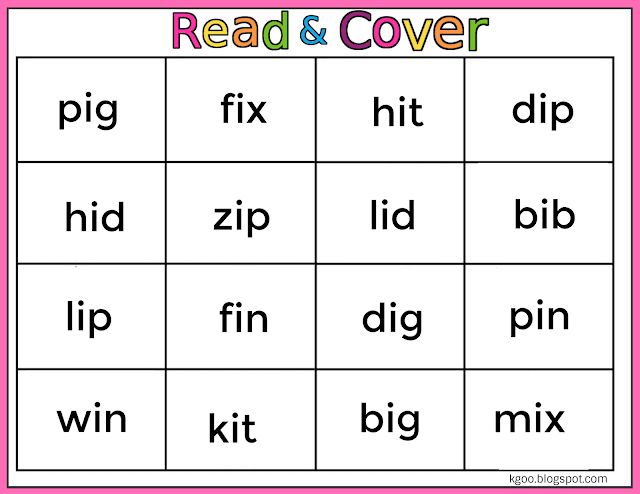 We often do not hear the difference between long and short vowels when listening to English speech. It is still not clear how long you need to draw a sound when speaking, so very unnatural, or almost inaudible, or too long vowels are obtained. It is impossible to correctly pronounce short and long sounds so that a native speaker hears the difference, even if you diligently shorten short vowels and stretch out long ones.
We often do not hear the difference between long and short vowels when listening to English speech. It is still not clear how long you need to draw a sound when speaking, so very unnatural, or almost inaudible, or too long vowels are obtained. It is impossible to correctly pronounce short and long sounds so that a native speaker hears the difference, even if you diligently shorten short vowels and stretch out long ones.
Sometimes it seems that native speakers themselves do not know the difference between short and long sounds, they seem to pronounce them the same way - but they themselves understand each other. But it's not. Let's see what are the differences between long and short English vowels, how to learn to hear them and how to train their pronunciation.
Differences between long and short English sounds
It is logical to assume that if vowels are called long or short, they differ in sound length. This is the main difference between them, but not the only one.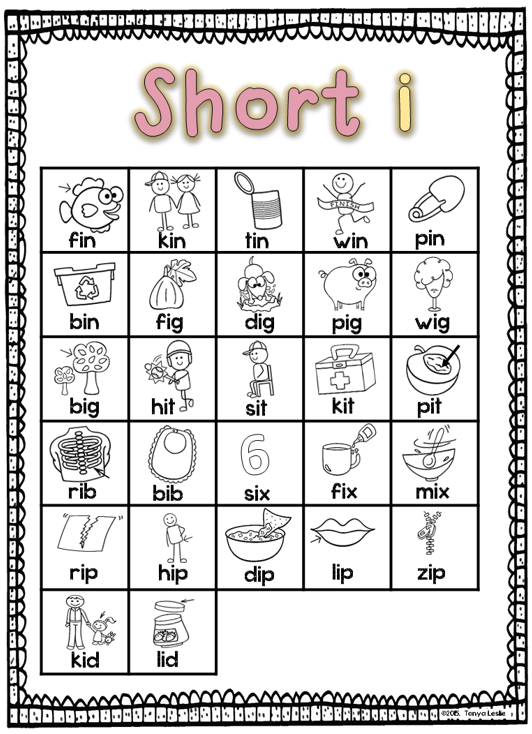 It is important to understand that long and short sounds have other differences, which consist in articulatory features. This means that the sounds are not just of different lengths, they are also different in sound. And most often it is these articulatory features that determine the length of the vowel sound: the duration of the sound depends on the position of the tongue and the tension of the vocal apparatus.
It is important to understand that long and short sounds have other differences, which consist in articulatory features. This means that the sounds are not just of different lengths, they are also different in sound. And most often it is these articulatory features that determine the length of the vowel sound: the duration of the sound depends on the position of the tongue and the tension of the vocal apparatus.
Long and short English vowels differ in such a characteristic as tension. Long vowels are tense, in English they are also called tense . When they are pronounced, the root of the tongue seems to be tense, under tension. The sound is pronounced, bright, rich, clear.
Short vowels are called lax – relaxed. The tongue in the region of the root is relaxed, the vowel sound is articulated quickly, easily, without additional effort, as if bursting. It turns out short, inconspicuous, faded and fuzzy.
Qualitative differences in sounds in different pairs of English vowels range from pronounced to almost imperceptible.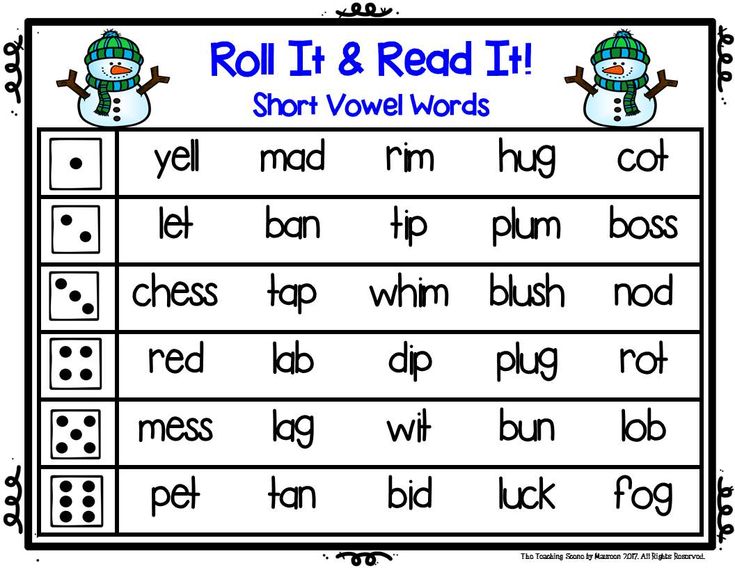 It is easy to notice the difference between long and short sounds a: pay attention to how the words cart and cut are pronounced, they differ not only in duration, but also in sound. But the differences between long and short u are almost imperceptible: pool and pull sound very similar, only slightly different in length. The Scots generally pronounce them the same way, differing only in context.
It is easy to notice the difference between long and short sounds a: pay attention to how the words cart and cut are pronounced, they differ not only in duration, but also in sound. But the differences between long and short u are almost imperceptible: pool and pull sound very similar, only slightly different in length. The Scots generally pronounce them the same way, differing only in context.
In addition, the duration of the pronunciation of vowels is also affected by positional longitude - for example, stressed or unstressed position in a word. As a result, a short vowel sound in one word may sound longer than a long sound in another word.
Thus, it is not enough to rely only on the subjective duration of a vowel sound. All the features of short and long vowels described above must be taken into account when learning English. It remains to understand how to master the pronunciation of long and short sounds in practice.
How to learn to pronounce long and short English vowels
The main mistake foreigners make when pronouncing long and short English sounds is focusing only on duration.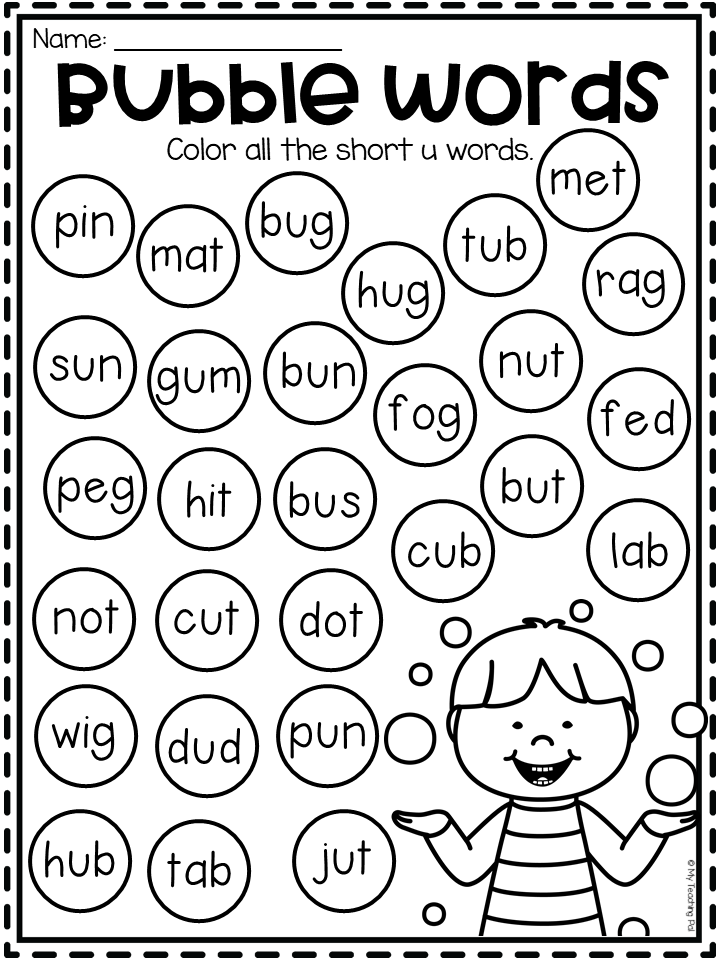 But with this approach, it is intuitively incomprehensible where the boundary between a long and a short sound passes: you can’t measure the length of a sound with a stopwatch. When trying to artificially lengthen or shorten a vowel, the sounds are unnaturally short or drawn out.
But with this approach, it is intuitively incomprehensible where the boundary between a long and a short sound passes: you can’t measure the length of a sound with a stopwatch. When trying to artificially lengthen or shorten a vowel, the sounds are unnaturally short or drawn out.
To learn how to pronounce long and short English sounds, you need to forget about the usual terminology "long" and "short". Try not to think about the duration of the sound at all. To correctly pronounce long and short vowels, you need to focus on their articulation, and not on duration. If we correctly reproduce the pronunciation of the vowel, then the duration will turn out to be correct automatically. Remember that long vowels require more tension at the root of the tongue, while short ones are pronounced without additional effort, easily and without tension.
Pay attention to how native speakers pronounce vowels - don't watch how long they draw them out, but watch the pronunciation, the articulation, the quality of the sound.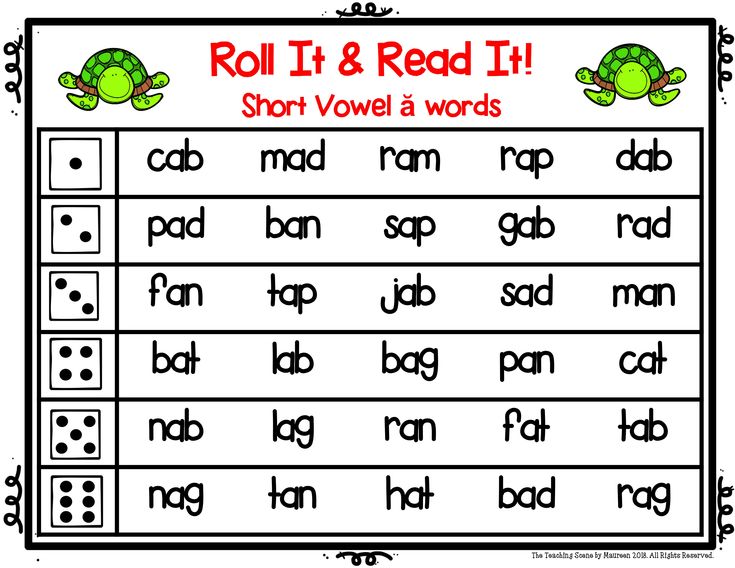 Repeat, imitate, practice. For practice, it is best to use video lessons or a conversation with a native speaker, since audio materials do not make it possible to see articulation.
Repeat, imitate, practice. For practice, it is best to use video lessons or a conversation with a native speaker, since audio materials do not make it possible to see articulation.
It is best to train long and short sounds not separately, but as part of words. First, this way you will note the influence of positional longitude on the duration of the sound in specific examples. Secondly, just as words are best learned in context, sounds are also best learned in the environment.
Practice pronunciation of long and short vowels in pairs of words to notice the difference between sounds, for example:
- Sport – hot
- Arm-cut
- See-hit
- Food-put
- Fur – ago
When you learn how to pronounce long and short vowels correctly in English, it will become easy to distinguish between them in speech. When listening to speech, forget about the differences in duration, pay attention to the qualitative differences in sounds - how intensely the vowel is pronounced, how bright or faded it sounds, how pairs of sounds differ from each other, except for duration.